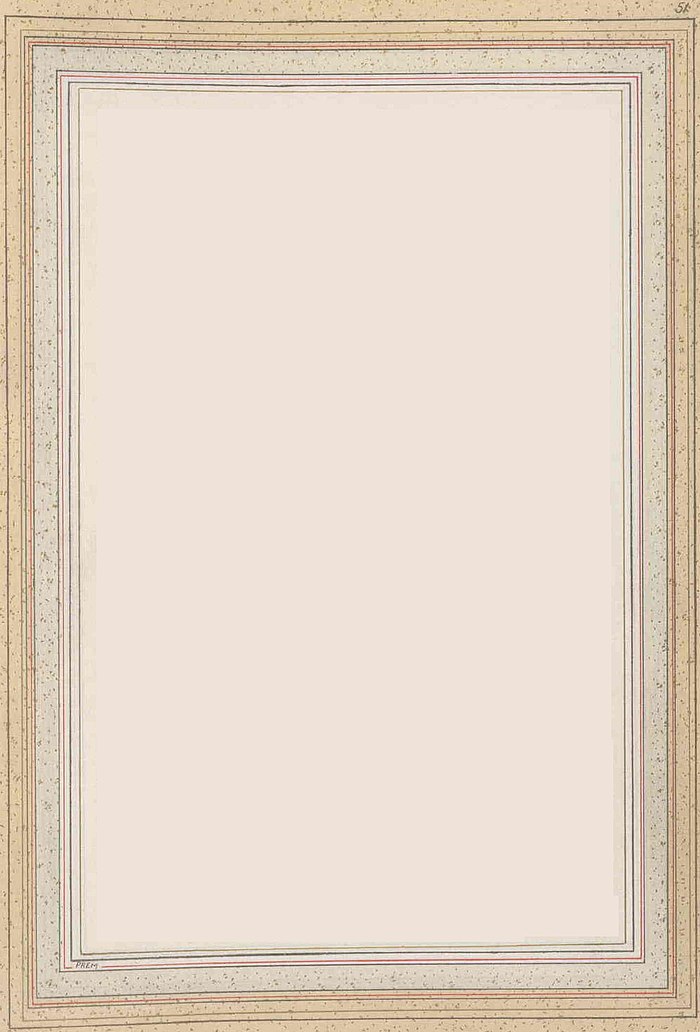The Constitution of India (Original Calligraphed and Illuminated Version)/Part 5/Chapter 3

matter or to any Bill for the appropriation of moneys out of the Consolidated Fund of India, and, if and so far as any provision of any law so made is inconsistent with any rule made by a House of Parliament under clause (1) of article 118 or with any rule or standing order having effect in relation to Parliament under clause (2) of that article, such provision shall prevail.
120. (1) Notwithstanding anything in Part XVII, but subject to the provisions of article 348, business in Parliament shall be transacted in Hindi or in English:
Provided that the Chairman of the Council of States or Speaker of the House of the People, or person acting as such, as the case may be, may permit any member who cannot adequately express himself in Hindi or in English to address the House in his mother tongue.
(2) Unless Parliament by law otherwise provides, this article shall, after the expiration of a period of fifteen years from the commencement of this Constitution, have effect as if the words "or in English" were omitted therefrom.
121. No discussion shall take place in Parliament with respect to the conduct of any Judge of the Supreme Court or of a High Court in the discharge of his duties except upon a motion for presenting an address to the President praying for the removal of the Judge as hereinafter provided.
122. (1) The validity of any proceedings in Parliament shall not be called in question on the ground of any alleged irregularity of procedure.
(2) No officer or member of Parliament in whom powers are vested by or under this Constitution for regulating procedure or the conduct of business, or for maintaining order, in Parliament shall be subject to the jurisdiction of any court in respect of the exercise by him of those powers.
Chapter III.—Legislative Powers of the President
123. (1) If at any time, except when both Houses of Parliament are in session, the President is satisfied that circumstances exist which
Language to be used in Parliament.
Restriction on discussion in Parliament.
Courts not to inquire into proceedings of Parliament.
Power of President to promulgate Ordinances during recess of Parliament.

render it necessary for him to take immediate action, he may promulgate such Ordinances as the circumstances appear to him to require.
(2) An Ordinance promulgated under this article shall have the same force and effect as an Act of Parliament, but every such Ordinance—
Explanation.—Where the Houses of Parliament are summoned to reassemble on different dates, the period of six weeks shall be reckoned from the later of those dates for the purposes of this clause.
(3) If and so far as an Ordinance under this article makes any provision which Parliament would not under this Constitution be competent to enact, it shall be void.
Chapter IV.—The Union Judiciary
124. (1) There shall be a Supreme Court of India consisting of a Chief Justice of India and, until Parliament by law prescribes a larger number, of not more than seven other Judges.
(2) Every Judge of the Supreme Court shall be appointed by the President by warrant under his hand and seal after consultation with such of the Judges of the Supreme Court and of the High Courts in the States as the President may deem necessary for the purpose and shall hold office until he attains the age of sixty-five years:
Provided that in the case of appointment of a Judge other than the Chief Justice, the Chief Justice of India shall always be consulted:
Provided further that—
Establishment and constitution of Supreme Court.